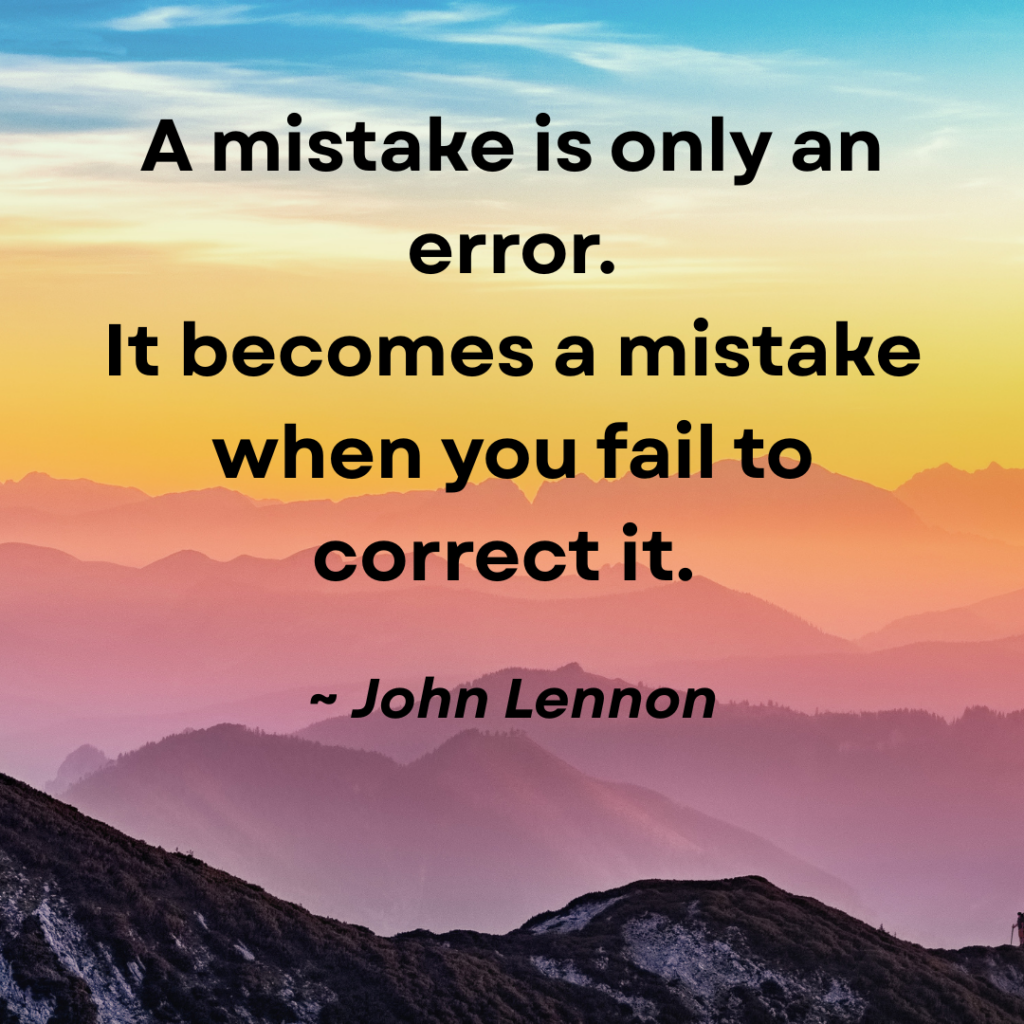4 Common Mistakes New Moderators Make & What to do Instead
Posted on August 15, 2025 by brittany
Over the last four decades, RIVA has had the privilege of training thousands of Moderators. Through those classes, we’ve noticed some themes around the common mistakes that new moderators make.

To help you avoid them in your research, here’s an overview of four common mistakes that new Moderators make and how to fix them:
- They don’t “close the circle” in the Emotional Handshake.
RIVA often discusses the importance of the Emotional Handshake, its importance, and its value. While it’s best practice to avoid giving your opinion during the research session, during the emotional handshake it’s paramount to share a part of yourself – answering the three self-introduction questions you asked Respondents – to build a connection. Respondents more willing to engage, are more open, when the Moderator shares something of themself at the beginning of the group.
Make sure you take the time to introduce yourself and close the circle. - Moderators skip or speed through ground rules and disclosures.
Like the Emotional Handshake, the ground rules and disclosures serve a key purpose in your qualitative research session. Speeding through them or skipping them entirely because you want to cut down on time to get to data causes significant issues in the rest of your research time. Without clear ground rules, there’s no train tracks for Respondents to follow, no expectations of their behavior. If you skip them entirely, you have nothing to lean on when you need to manage the room; if you speed through them, it shows that you don’t value the ground rules which means your Respondents won’t either.
Plan ahead to give your disclosures and ground rules the time they need so that you can go through them at a conversational, comfortable pace. Create the ground rules you need for the session to flow. - They ask long-winded and bundled questions.
Student Moderators often don’t trust that their first question – typically, the short one – will make sense. So instead of asking that question and letting the Respondents answer, they often stumble through two to three different questions trying to make it make sense to the Respondents.
Ask your question and stop talking.
If your Respondents are confused, they will tell you. Once you’ve become accustomed to asking open-ended, J5 questions, you develop the habit and the first question is usually perfectly fine. If you’re struggling to get the question you actually want to ask, instead of filling the silence fumbling through variety of questions, let your Respondents know you need a second to get the question and then ask it. - Moderators don’t have an understanding of the basic principles and ethics of qualitative research.
As a Moderator, you have a responsibility to honor the ethics and have an understanding of the basic principles of qualitative research. Whether you have been trained in house, taken RIVA 195V or a RIVA moderating class, or completed a market research course through college or post-graduate studies, it’s important to have that understanding in order to be a beneficial resource for your Clients.
Either take a course or participate in a mentorship with someone who has been in the industry for a while in order to learn.
As you begin to moderate more often, mistakes come less often, and you become more adept at fixing them in the moment or rectifying any during your qualitative session. Keep in mind that you’re human and mistakes will happen, no matter if it’s your first qualitative research event or your thousandth – it’s good to mitigate the ones you know ahead of time to give you the confidence to shift and handle others in the future.

